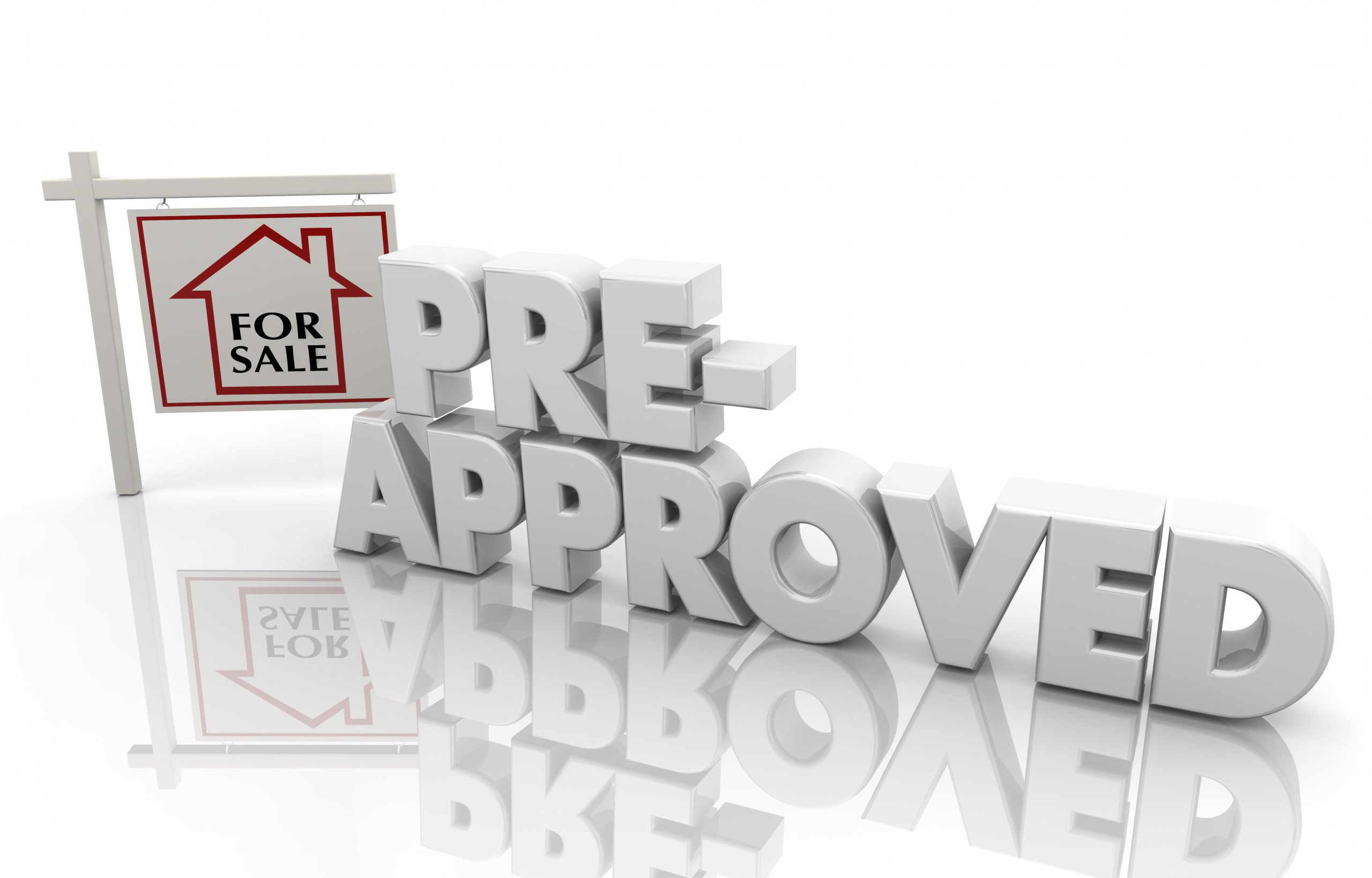Buying a home is one of the biggest financial decisions you’ll ever make—and while it’s…
Understanding Your Credit Score and Its Impact on Your Mortgage
When it comes to buying a home, your credit score plays a critical role in the mortgage process. At Rapid Home Loan, we work with clients every day to help them understand and improve their credit so they can secure the best possible loan terms. Whether you’re a first-time homebuyer or planning to refinance, understanding how your credit score affects your mortgage options is the first step toward making confident, informed decisions.
What Is a Credit Score?
Your credit score is a three-digit number that reflects your creditworthiness—essentially, how likely you are to repay borrowed money. The score is based on your credit history and is calculated using several factors, including:
-
Payment history (35%) – Have you paid your bills on time?
-
Amounts owed (30%) – How much of your available credit are you using?
-
Length of credit history (15%) – How long have you had credit accounts?
-
Credit mix (10%) – Do you have a variety of credit types (loans, credit cards, etc.)?
-
New credit inquiries (10%) – Have you applied for credit recently?
Scores typically range from 300 to 850, with higher scores indicating better credit health.
How Credit Scores Affect Your Mortgage
At Rapid Home Loan, we help clients across a wide range of credit scores, but here’s how your score typically impacts your mortgage options:
✅ 1. Loan Approval
Lenders use your credit score to assess your risk level. A higher score increases your chances of getting approved for a mortgage. While some programs accept lower scores (such as FHA loans), conventional loans generally require a minimum score of 620–640.
✅ 2. Interest Rates
Your credit score directly affects your interest rate. The higher your score, the lower your rate—which can save you thousands over the life of your loan. For example, the difference between a 4% and 6% interest rate on a $300,000 loan could cost or save you more than $100,000 over 30 years.
✅ 3. Down Payment Requirements
With a strong credit score, you may qualify for a lower down payment option. On the flip side, a lower score might require you to put more money down to reduce lender risk.
✅ 4. Loan Types and Programs
Certain government-backed programs like FHA, VA, and USDA loans are more flexible with credit requirements. At Rapid Home Loan, we guide you toward the best loan type based on your financial profile—including your credit.
Improving Your Credit Before Applying
If your score isn’t where you want it to be, don’t worry—there are steps you can take to improve it:
-
Pay your bills on time (set up autopay if needed)
-
Reduce your credit card balances to below 30% of your limit
-
Avoid opening new credit accounts right before applying
-
Check your credit report for errors and dispute inaccuracies
-
Keep old accounts open to show a longer credit history
Need help understanding your credit report? Contact Rapid Home Loan—we’re happy to walk you through it.





